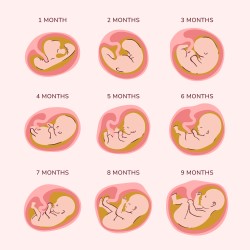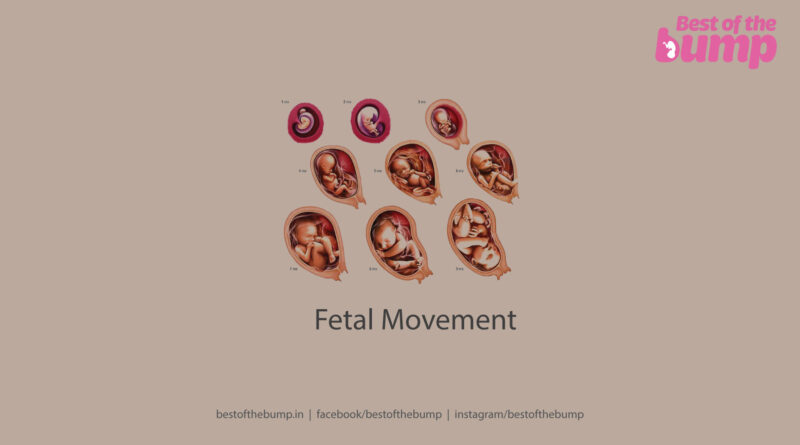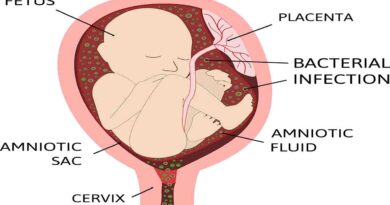Fetal Movement
Fetal Movement, feeling your baby’s movements during pregnancy is an experience filled with joy and wonder. The connection you establish through these subtle wiggles and turns is unparalleled. Typically starting around 18 to 20 weeks into gestation, these sensations, known as “quickening,” mark the beginning of a remarkable journey of interaction between you and your unborn child.
Recognizing the Marvel: Quickening
Fetal Movement, for mothers, especially those experiencing pregnancy for the first time, recognizing the nuances of fetal movement can be a journey in itself. The initial sensations might be mistaken for other bodily processes like gas or indigestion. This uncertainty is natural and shouldn’t cause undue worry. Over time, as you become more attuned to your baby’s rhythm, distinguishing their movements becomes easier.
Ultrasound’s Role in Revealing Early Movements

Fetal Movement, it’s fascinating to note that your baby begins moving long before you’re able to feel it. Ultrasound scans play a pivotal role in making these movements visible. These scans provide a window into your baby’s world, allowing you to witness their early motions. Observing your baby’s activity during ultrasound sessions, especially when they’re awake, can be a heartwarming experience that deepens the connection between you and your little one.
The Thrill of the First Kick
Fetal Movement, Around the 20-week mark, many mothers experience the exhilaration of feeling their baby’s first kicks. This milestone heralds a new level of interaction and bonding. Beyond simple kicks, your baby will progressively engage in more complex movements, such as pushing, twisting, and even graceful swirling motions. These movements paint a vivid portrait of life unfolding within you, a dance of existence that is both beautiful and profound.
Patterns of Movement and Rest
Understanding your baby’s patterns of movement and rest adds to the richness of this journey. While your baby won’t be in constant motion, periods of activity are interspersed with periods of rest lasting varying durations, typically from 20 minutes to 75 minutes. This rhythm is unique to each baby, reflecting their individuality and character. Embracing these patterns and fluctuations fosters a sense of connection that goes beyond the physical realm.
The Evolving Strength of Kicks

As the second trimester progresses, the strength of your baby’s kicks becomes more pronounced. The third trimester brings a surge in movement, with babies often exhibiting around 30 to 31 movements in an hour. This phase showcases the active nature of your baby’s growth and development, reminding you of the life bustling within your womb.
Monitoring Fetal Movement
Fetal Movement, monitoring your baby’s movements becomes an important aspect of ensuring their well-being. Medical professionals often recommend keeping track of these movements as a simple yet effective way to assess your baby’s activity levels. This practice offers reassurance that everything is progressing as it should. By recognizing changes in movement patterns, you can stay connected with your baby’s evolving nature and overall health.
Celebrating Diversity: Every Baby Is Unique
It’s crucial to understand that every baby has a distinct temperament and movement pattern. Some babies are naturally more active, while others display a calmer demeanor. Trusting your maternal instincts and seeking guidance from your healthcare provider if you have any concerns is essential. Embracing the diversity of your baby’s movements deepens your connection and appreciation for their individuality.
A Journey of Unparalleled Bonding

Fetal Movement, the journey of feeling your baby’s movements during pregnancy is nothing short of extraordinary. From the subtle quickening to the exhilarating kicks, this experience creates an unbreakable bond between you and your unborn child. As you witness your baby’s dance of life through ultrasound scans and feel their movements grow stronger, you embark on a shared journey of growth, connection, and anticipation. Cherish these moments, for they signify the remarkable beginning of a lifelong relationship like no other.




